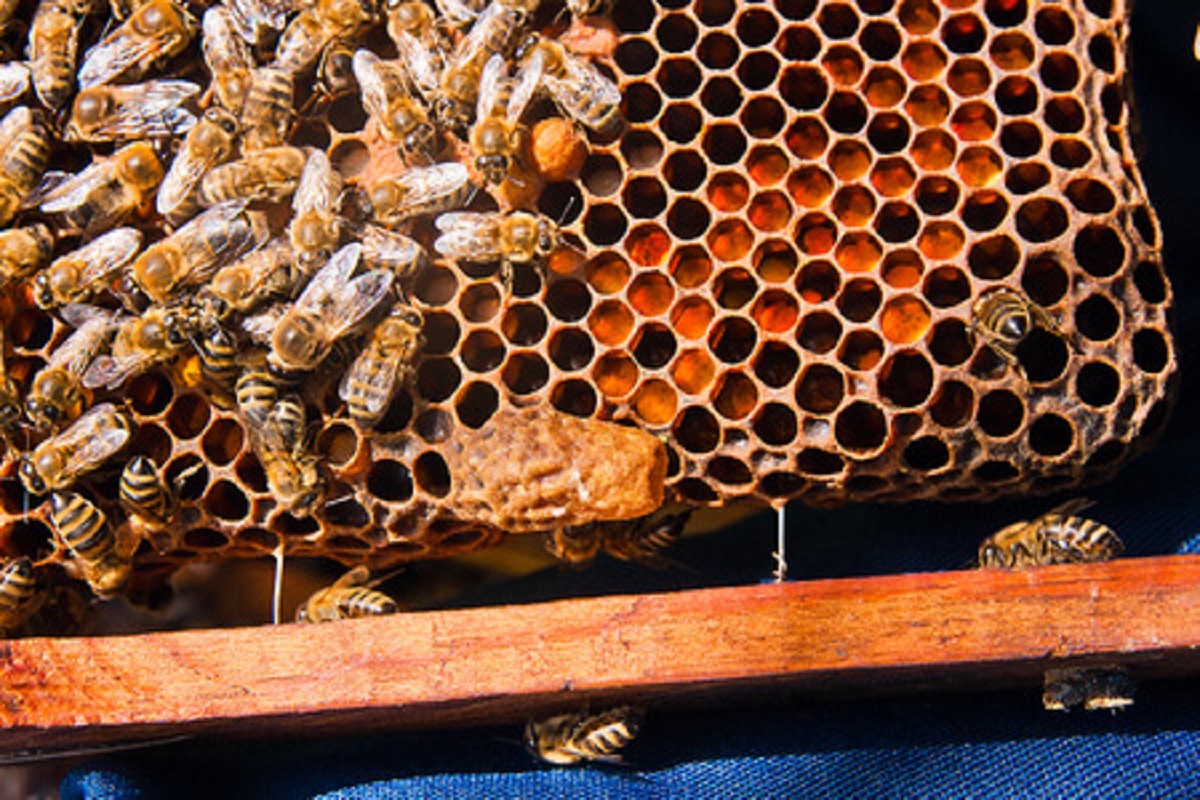Pennsylvania Honeybees Experiencing Trouble
January 19, 2017
Bee Colony Collapse, Honey News, Honey Bees, Honey Industry
Pennsylvania honeybees are experiencing trouble as hives begin to deplete. “Statewide, we are holding our own, but we have to replace our bees frequently,” said Charlie Vorisek, president of the Pennsylvania State Beekeepers Association (PSBA) from 2012 to 2016. “We probably bring in over $1 million worth of honeybees from the south every spring to replace our dead-outs.” According to Vorisek, there are more beekeepers and hives in the state now than there were four years ago. “We went from 40,000 hives to 63,000,” Vorisek said. “However, we still have winter losses of usually around 50 percent of our bees.”
Gary Carns, a 50-year local beekeeper, reinforced Vorisek’s statement and mentioned the importance of numbers. “If you had cattle, and you lost 40 or 50 percent every year, it would be outrageous,” Carns said. “With our bees, people think it’s just a little bug, so who cares, but they are vital to us.” The production of honey is integral to beekeepers like Vorisek and Carns, but pollination is the most important part, being necessary prior to the production of many plants.
One third of the food we consume comes from pollinated plants, and honeybees are responsible for 80 percent of that pollination. “You do not need a honeybee for strawberries, but you’re going to get more strawberries, and you’re going to get bigger strawberries with honeybees,” Carns said. Full-time beekeepers often take their hives to farms to aid in pollinating their crops. “I take bees in for zucchini, cucumbers, peppers, tomatoes, strawberries, raspberries, blueberries, blackberries, cherries, apples, and there’s even one guy who asks me to bring them to his peach orchard,” Carns said. “Honeybees cover a huge gambit. With some crops, wind will do it, but bees will do a much better job.”
Per Carns, killing off dandelions and clovers has hurt honeybee populations. “If you would just let dandelion or clover grow in your yard, it’s only there for a short period, and then it’s gone. That is going to benefit our bees. Little things like that would be a big help. Bees are in desperate starvation mode until they see dandelion in the spring…”
To battle Varroa mites, farmers can use natural remedies, such as oxalic acid, made of turnips, radish leaves, and other things found naturally in honey. “Our goal is to have as few chemicals in our hive as possible,” Vorisek said. Pennsylvania and a few other states are working on a queen bee breeding program, the goal being to select bees that remove Varroa mites on their own. The PSBA is also working with researchers to find new nutritional sources for honeybees.
Copyright: kostik2photo / 123RF Stock Photo


.jpg)



